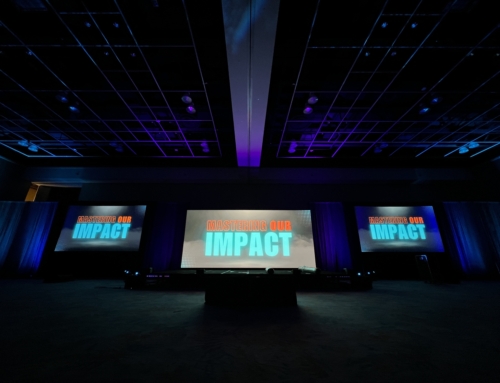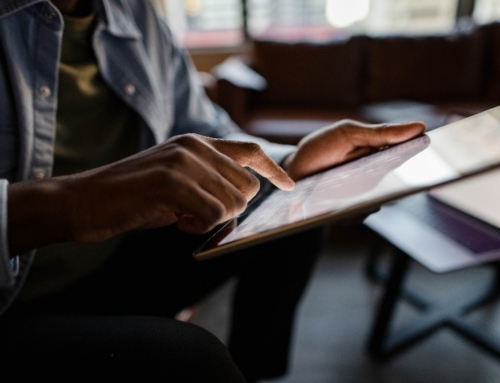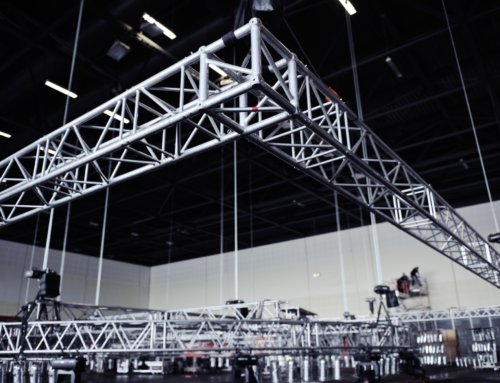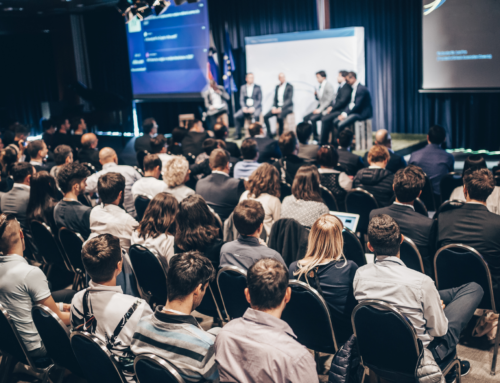May is Mental Health Awareness Month. As event planners, we’re praised for our ability to juggle multiple tasks, manage last-minute changes, and deliver exceptional experiences under tight deadlines. However, our profession’s fast-paced and demanding nature often comes at the cost of our personal well-being.
It’s time we recognize that self-care isn’t a luxury. It’s necessary for success.
The Unique Stressors of Event Planning
Event planning consistently ranks as one of the most stressful professions, alongside high-level executives and air traffic controllers. From managing fickle stakeholder expectations to dealing with budget constraints, the pressure to execute the perfect event can be overwhelming.
One of the biggest challenges we face is the need to adapt. Whether it’s a last-minute keynote speaker switch or a sudden venue change, we must be ready to pivot at a moment’s notice. This requires a level of flexibility and problem-solving skills that can be mentally and emotionally taxing over time.
Crisis management is another stressor. I’ve personally had to manage events through wildfires in Napa, Lake Tahoe, and Maui. In these situations, effective communication is key. Knowing what, how, and when to communicate with stakeholders is key to maintaining trust.
The physical demands of long hours, travel, and time zone changes also affect our well-being. Jet lag, sleep disruptions, and the constant need to be “on” lead to burnout if not managed properly.
It’s important to recognize these unique stressors and develop strategies to mitigate their impact.

Prioritizing Self-Care: Strategies for Event Planners
As event planners, we’re often so focused on taking care of everyone else — from the CEO and key stakeholders to our event teams and attendees — that we neglect our own needs.
To have the capacity to give to others, we must first give to ourselves. That starts with making self-care a nonnegotiable part of our routines:
- Check in with yourself regularly. Ask, “How am I feeling physically, mentally, and emotionally?” Be honest about your capacity and set clear boundaries to avoid overcommitting. It’s okay to say no to protect your well-being.
- Manage your time effectively. Prioritize tasks and set realistic timelines, keeping in mind that change is inevitable. By anticipating and planning for the unexpected, you reduce stress and maintain a sense of control. Use tools like calendars, to-do lists, and project management software to stay on track.
- Cultivate a sustainable lifestyle long before your event. Just like training for a marathon, you need to prepare your mind and body well in advance. Engage in stress-reducing activities like mindfulness, meditation, and breathwork to improve focus and emotional well-being. Make time for hobbies and activities that bring you joy and help you disconnect from work.
The Growing Focus on Mental Health in the Event Industry
Thankfully, the event industry is beginning to prioritize mental health and well-being. Organizations like Event Minds Matter are creating “brave spaces” for industry professionals to have open conversations about mental fitness and support one another.
Collaborating with a trusted network and seeking support is essential. Sharing experiences and best practices with peers provides valuable insights and reduces feelings of isolation. Don’t be afraid to reach out for help when you need it, whether it’s to a colleague, mentor, or mental health professional.
At industry conferences such as IMEX and Meeting Professionals International, I’ve noticed an increasing presence of relaxing wellness spaces and learning pods dedicated to mental health topics. These initiatives demonstrate growing recognition of the importance of self-care in our profession. Take advantage of these resources when they’re available and advocate for their inclusion at events you attend or plan.
Fostering a Culture of Well-Being
At innoVia Productions, we’re committed to fostering a culture of well-being. Our core value of empathy guides our approach to supporting our team members. If we don’t take care of our people, we can’t create exceptional experiences for our clients.
We encourage open communication and regular check-ins to ensure everyone feels heard and supported. By setting clear goals and expectations, we aim to reduce uncertainty and stress. We also offer wellness training and generous vacation policies to promote work-life balance.

Practical Self-Care Tips for Event Planners
Remember, if your cup is empty, you have nothing to pour. By taking care of yourself, you’ll be better equipped to handle the challenges of event planning and deliver exceptional experiences for your clients:
- Set boundaries and learn to ask for support when necessary to avoid overcommitting.
- Maintain a balanced diet and eat regularly, even during hectic event days. Keep healthy snacks on hand to fuel your body and brain. As a certified integrative nutritionist, I recommend eating a whole-food, plant-based diet rich in antioxidants three times a day.
- Drink water throughout the day to stay hydrated. Dehydration leads to fatigue, headaches, and decreased cognitive function — the last thing a busy event planner needs. Water is important because it transfers nutrients throughout the body. Please note, the amount of water to drink depends on climate, activity, weight, etc.
- Incorporate movement into your routine to boost cognitive function and immunity. Take walking meetings, stretch at your desk, or walk around the hotel, as being outside in nature will increase your energy level.
- Aim for at least eight hours of sleep per night to allow your body to heal and recharge. Create a relaxing bedtime routine and stick to a consistent sleep schedule as much as possible.
The Future of Well-Being in Event Planning
As the event industry evolves, it’s crucial that we integrate stress reduction and self-care practices into our professional lives. This means setting realistic expectations, advocating for adequate resources, and implementing workload management strategies.
By fostering a culture of well-being and promoting wellness programs and resources, we can create healthier work environments that support our personal and professional growth. This doesn’t just benefit individual event planners — it leads to better outcomes for our clients and, ultimately, the whole industry.
Being busy should not be touted as a badge of honor. As event planners, we have the power to redefine success by prioritizing our well-being and encouraging others to do the same. Together, we can create a more sustainable and fulfilling future for our profession.






